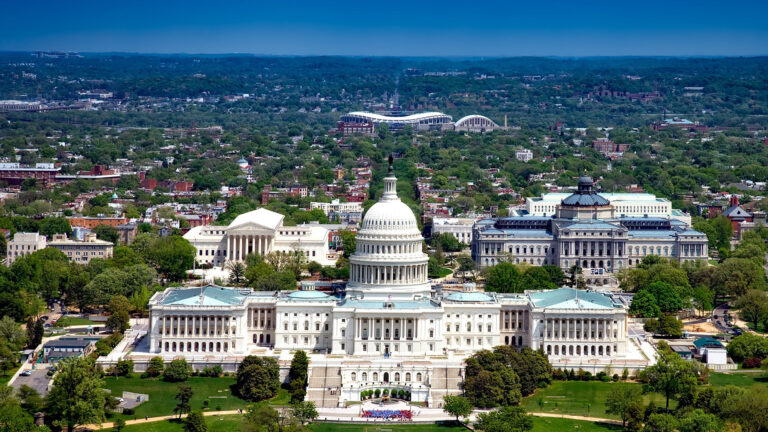By David G. Barry
The Florida State Board of Administration (SBA) has exceeded its
legislative allocation limit for its alternatives segment and as a result is
unable to make new private equity, venture capital, private credit, hedge or
infrastructure commitments.
The system is required by Florida
Statue to cap alternative investments at 20%. The SBA went above that figure
during the April-June quarter. At the end of April, it was at 20.3% – with
private equity, which includes buyout, venture capital, distressed equity,
secondary funds and co-investments, accounting for 9.8%, and strategic
investments – consisting of hedge funds, private credit and infrastructure – at
10.5%. The target allocation for private equity is 6% while the target for
strategic investments is 12%, meaning the system is actually underweight to the
sector.
As of June 22, the allocation figure was at 21.14%, said
Emilie Oglesby, an SBA spokesperson.
At the June SBA Investment Advisory Council meeting, Lamar Taylor, SBA’s
interim executive director and chief investment officer, said the SBA had seen
the issue coming and attempted to “get legislative headroom” but was
unsuccessful. He said the SBA will attempt in the fall to have the Florida
Legislature lift the cap on alternatives.
Taylor said the SBA is not under pressure to sell assets and
anticipates that the issue “will be managed through our commitment pacing
process.” The pension plan, he said, will not make additional commitments to
the space while above the 20% figure. At the end of April, the SBA managed $241
billion, $189 billion of which is from the Florida Retirement System Pension
Plan.
The SBA exceeded the
cap “totally because of valuations and not a purposeful overallocation to the
space,” Taylor said. A number of the asset classes did well over the past year,
but “private market assets did even better,” he said. The end result is that
alternatives became a “disproportionately larger part of the total fund,”
something that has grown as equities have declined in recent months.
According to a report presented at the
Investment Advisory Committee, the SBA’s private equity portfolio generated a
one-year return of 44% and a three-year return of 31%.












